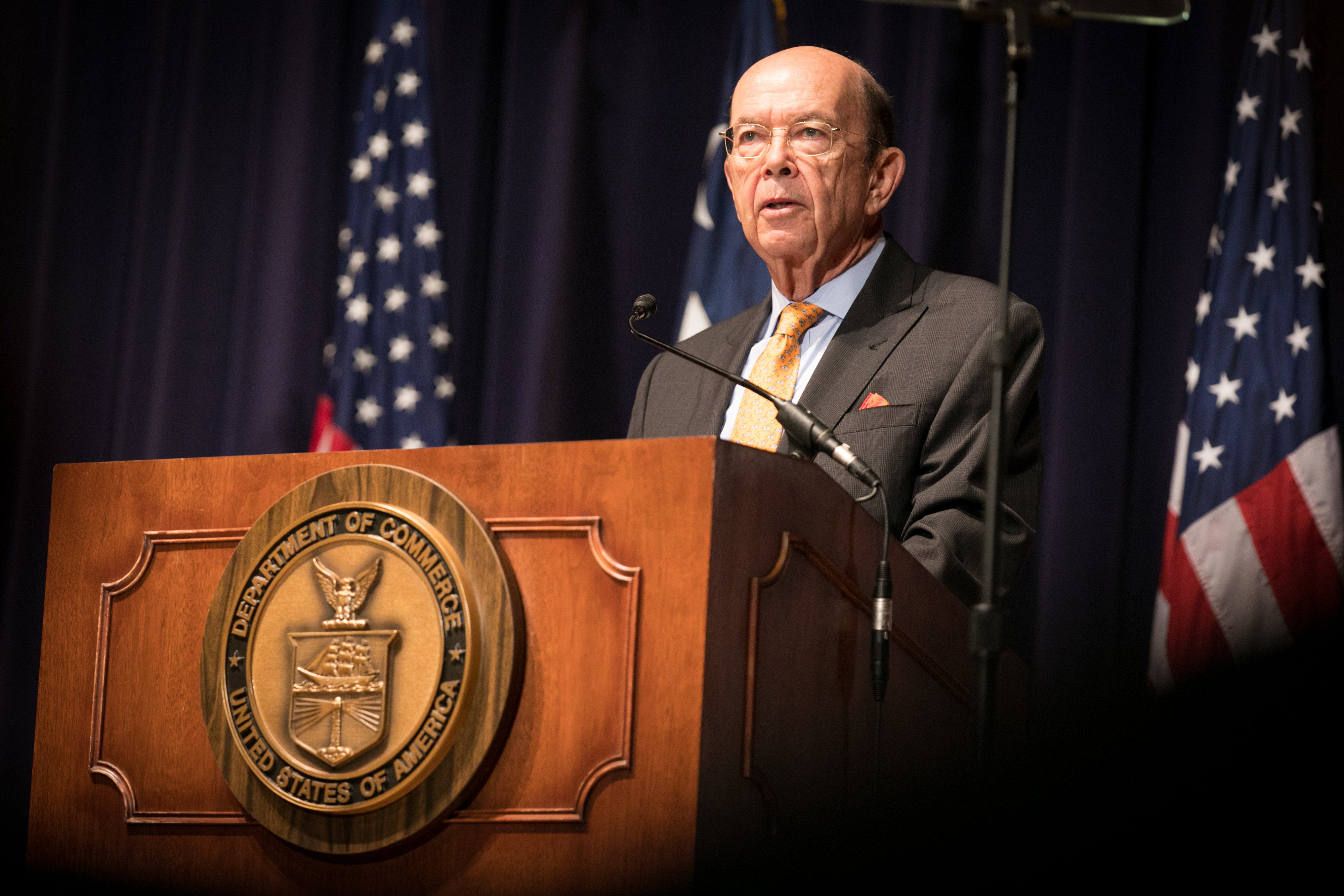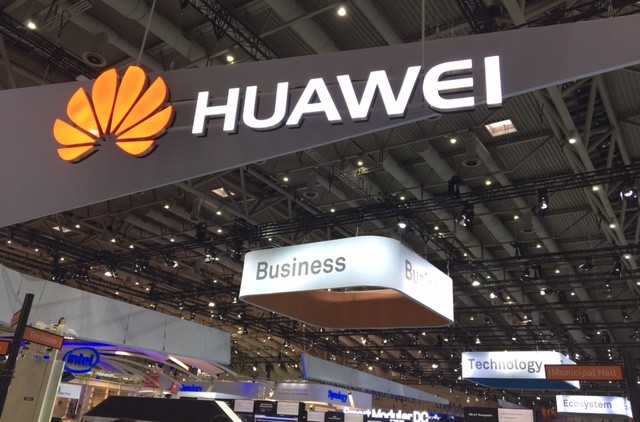The US has tightened its export regulations in a move to put further pressure on Huawei and affiliates such as HiSilicon, which the US administration views as a national security threat.
Huawei has been barred from purchasing technology from US companies since May 2019, but the US Commerce Department said it had it had continued to build chips by “commissioning their production in overseas foundries using US equipment”.
“We must amend our rules exploited by Huawei and HiSilicon and prevent US technologies from enabling malign activities contrary to US national security and foreign policy interests,” US commerce secretary Wilbur Ross on Friday.
The new restrictions affect semiconductor designs and chipsets produced in non-US plants using “US equipment”, Ross said.

Regulation shift
The Chinese government said in an official statement that it would “firmly uphold Chinese firms’ legitimate and legal rights and interests”.
Most chip manufacturers around the world use equipment made by US companies including KLA, Lam Research and Applied Materials, according to a 2019 report by China’s Everbright Securities.
The change in regulations means that those manufacturers will now have to apply for a licence from the US Commerce Department before selling to customers such as Huawei or HiSilicon.
The US said it would allow silicon wafers already in production to be shipped to Huawei, as long as the shipments are complete as of 120 days from Friday. The wafers must have already been in production as of Friday to qualify under the exemption.
Previously, the US’ Direct Product Rule exempted foreign-produced goods from US export controls if the goods contained less than 25 percent US-origin technology.
The change effectively eliminates that exemption, instead allowing US regulators to place restrictions on goods produced with certain US technology, such as certain US-made chip manufacturing equipment.
‘Arbitrary and pernicious’
The move is a blow to contract semiconductor manufacturers such as Taiwan’s TSMC, which makes chips for Huawei’s HiSilicon chip unit as well as Apple, Qualcomm and others.
Nikkei reported on Monday that TSMC halted new orders from Huawei following the rule change in order to comply with US export regulations. TSMC did not explicitly deny the report but told Reuters it was “purely market rumour”.
Huawei said the US’ decision was “arbitrary and pernicious” and threatens to undermine the broader semiconductor industry.
“This new rule will impact the expansion, maintenance, and continuous operations of networks worth hundreds of billions of dollars that we have rolled out in more than 170 countries,” the company said in a statement.
Supply chain
The US has placed Huawei and 114 of its affiliates under export restrictions, but until now large parts of Huawei’s non-US supply chain have fallen outside of the regulations.
The move may invite relatiation from China, with the country ready to put US companies such as Apple, Cisco Systems and Qualcomm on its “unreliable entities list”, as well as suspending purchases of Boeing aeroplanes, China’s Global Times reported, citing a source.
Separately, the Commerce Department extended a temporary licence, set to expire on Friday, that allows US companies to continue temporarily doing business with Huawei through 13 August. The agency said it expects this to be the final extension.
Some rural US telecommunications networks rely on Huawei equipment, and the temporary exemption, which has been in place since Huawei was placed on the US “entity list” in May 2019, was intended to allow these companies to find alternatives.
The US has also placed allies under pressure to bar Huawei equipment from their 5G wireless networks, saying the Chinese-made gear would present national security issues.




